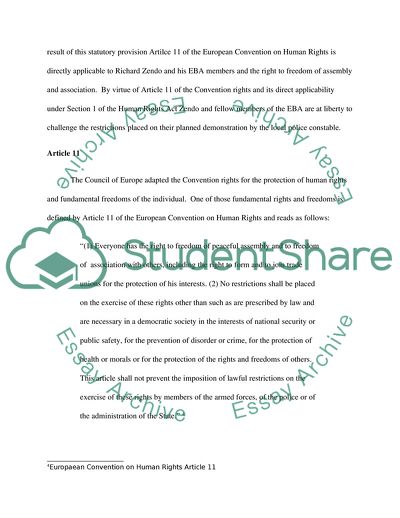Cite this document
(Constitutional and Administrative Law Assignment, n.d.)
Constitutional and Administrative Law Assignment. https://studentshare.org/law/1710809-constitutional-and-administrative-law
Constitutional and Administrative Law Assignment. https://studentshare.org/law/1710809-constitutional-and-administrative-law
(Constitutional and Administrative Law Assignment)
Constitutional and Administrative Law Assignment. https://studentshare.org/law/1710809-constitutional-and-administrative-law.
Constitutional and Administrative Law Assignment. https://studentshare.org/law/1710809-constitutional-and-administrative-law.
“Constitutional and Administrative Law Assignment”. https://studentshare.org/law/1710809-constitutional-and-administrative-law.


